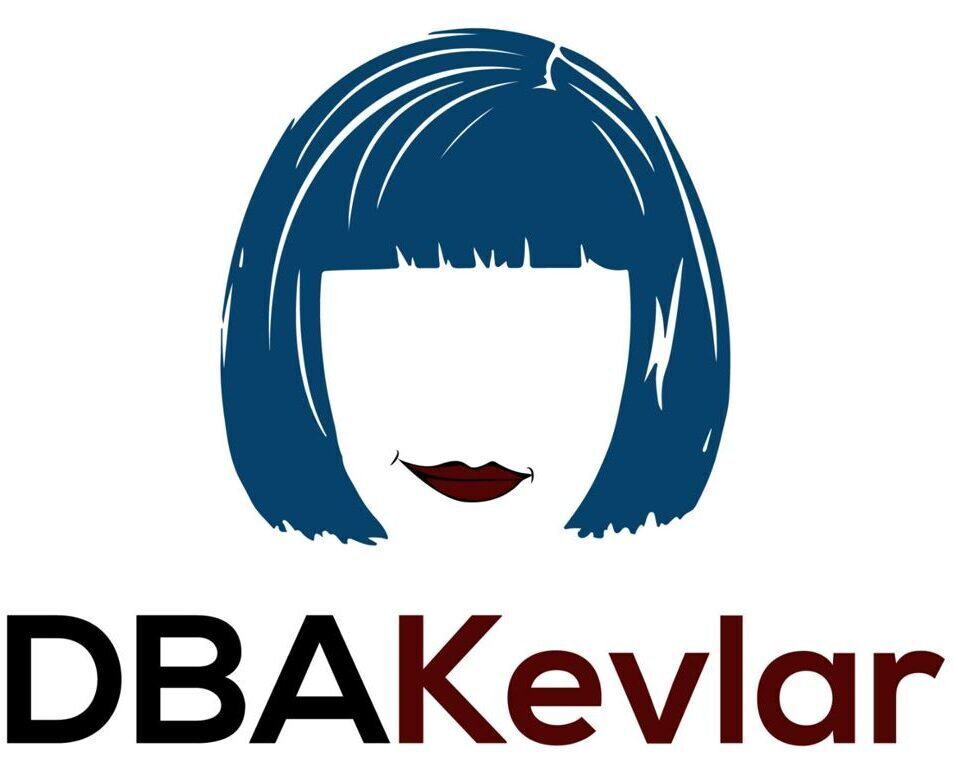The demand for healthcare application development is exploding and has been exploding over the past couple of years because of
- Obama Care – Affordable Care Act
- Regulatory – HITECH and HIPAA Privacy Acts
- ICD 10
- Pro-active Health Care (versus reactive health care)
- Mobile devices
but to develop applications for health care requires the data to be masked. Why does masking data matter and matter especially for health care? If patient information gets out it can be quite damaging. One heuristic for the importance of healthcare information is that on the black market health care information on an individual tends to sell for 100x the credit card information for an individual. Imagine that someone needs health coverage and they swipe the health care information for someone else giving them free treatment. The value of the “free treatment” can well exceed the maximums on a credit card. Also imagine the havoc it can cause for the original individual if some jumps onto their health care. Important information like blood type can be logged incorrectly or the person my have HIV logged against them when they themselves are clear. It can take years to repair the damage or never if the damage is fatal.
“What do Britney Spears, George Clooney, Octomom (Nadya Suleman), and the late Farah Fawcett have in common? They are all victims of medical data breaches! … How much would a bookie pay to know the results of a boxer’s medical checkup before a title bout? What would a tabloid be willing to pay to be the first to report a celebrity’s cancer diagnosis? Unfortunately it doesn’t stop there and the average citizen is equally a target. “
When data gets to untrusted parties it is called leakage. To avoid leakage, companies use masking. Masking is a form of data mediation or transformation that replaces sensitive data with equally valid fabricated data. Masking data can be more work on top of the already significant work of provisioning copies of a source database to development and QA. Development and QA can get these database copies in minutes for almost no storage overhead using Delphix (as has been explained extensively on previous blogs) but by default these copies, or virtual databases(VDB), are not masked. Without Delphix, to mask database copies in development and QA would require masking every single copy, but with Delphix one can provision a single VDB, masked that VDB, and then clone in minutes for almost no storage as many masked copies of that first masked VDB as needed.
In the above graphic, Delphix links to a source database, and keeps a compressed version along with a rolling time window of changes from the source database. With this data Delphix can spin up a clone of the source database, anywhere in that time window. The clone can be spun up in a few minutes and takes almost no storage because it initially shares all the duplicate blocks on Delphix. This first VDB can be masked and then clones of the masked VDB can be made in minutes for almost no extra storage.
With Delphix in the architecture making masked copies is fast, easy and efficient. The first VDB that is masked will take up some extra storage for all the changed data. This VDB can then become the basis for all other development and QA masked copies so there is no need to worry about whether or not a development or QA database is masked. Because the source for all development and QA copies is masked then there is no way for any unmasked copies to make it into development and QA. Without the secure architecture of Delphix it becomes more complicated to verify and enforce that each copy is indeed masked. By consolidating the origins of all the down stream copies into a single set of masked shared data blocks, we can rest assured that all the down stream versions are also masked. The cloning interface in Delphix also logs all cloning activity and chain of custody reports can be run.
How do we actually accomplish the masking? Masking can be accomplished with a number of technologies available in the industry. With Delphix these technologies can be run on a VDB in the same manner that they are currently being used with regular physical clone databases. Alternatively Delphix has hooks for the provisioning where tools can be leveraged before the VDB is fully provisioned out.
Delphix has partnered with Axis Technology to streamline and automate the masking process with virtual databases. Look for upcoming blog posts to go into more detail about Axis and Delphix.


Interesting read on “securing your non-production data”:
http://www.br.capgemini.com/resource-file-access/resource/pdf/enterprise_data_masking.pdf
Some regulations that demand data masking:
U.S. Regulations
Basel II Accord
Fair and Accurate Credit Transactions Act (FACTA)
Fair Credit Reporting Act (FCRA)
FDIC requirements
Gramm-Leach-Bliley Act (GLBA)
Massachusetts Privacy Law
Payment Card Industry Data Security Standard (PCI DSS)
Red Flags Rule
State insurance commissions